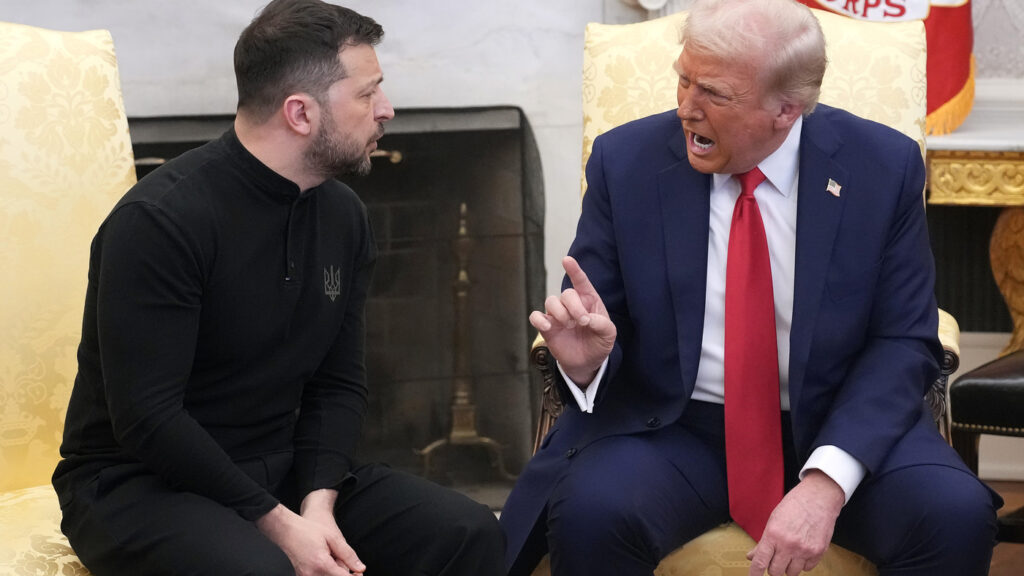In the midst of the Trump-Zelenskyy controversy, European leaders convened emergency talks in London to devise a roadmap towards peace. Subsequently, European Commission president Ursula von der Leyen introduced an ambitious initiative dubbed ReArm Europe, outlining a substantial $840 billion plan aimed at bolstering defense budgets across Europe. Concurrently, the U.S. appears to be forging closer ties with Russia, signaling a significant departure from its traditional alliances. President Trump’s actions are fundamentally reshaping the longstanding U.S.-led global order that has prevailed for decades, prompting questions about the implications for countries like Ukraine and the United States. This strategic shift in foreign policy dynamics underscores a pivotal moment in international relations, with profound ramifications for geopolitical stability and power dynamics. As the world witnesses these transformative shifts, it raises critical considerations about the evolving landscape of global governance and the strategic interests of key players on the international stage.
“Unveiling the Impact of Trump’s Foreign Policy on Global Order: A Comprehensive Analysis”
March 4, 2025

From NPR
This site is supported by our readers, so if you’re able to help, consider becoming a paid supporter. https://www.patreon.com/YUGENEWS
